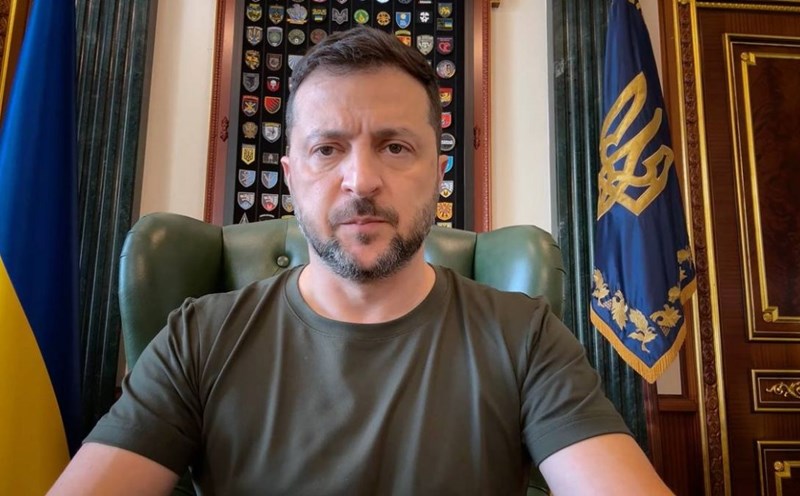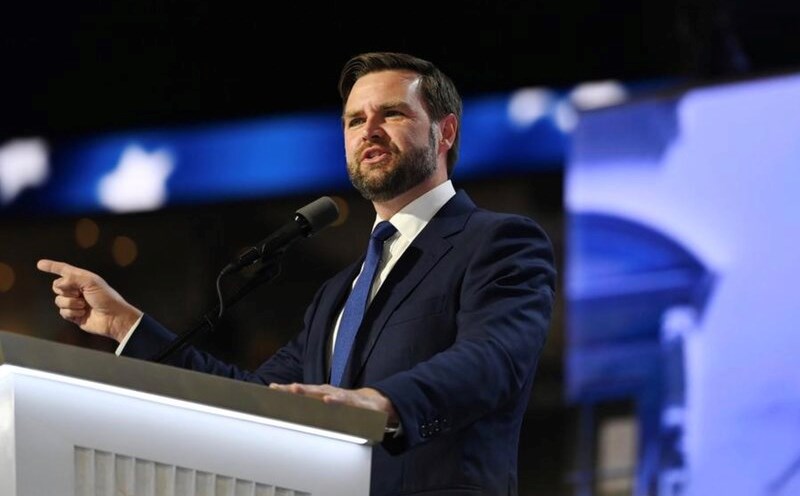On August 26, US President Steve Witkoff's special missionary said Washington hopes the Ukrainian conflict will be resolved before the end of 2025. He stressed that Moscow has made a peace proposal and that the US is maintaining contacts with both Russia and Ukraine.
Speaking at a cabinet meeting with President Donald Trump, Witkoff said he would have more meetings this week to discuss Ukraine and global hot spots. In a later interview, he admitted there were major disagreements, but said the US administration had brought the parties closer to an agreement than ever.
Mr. Witkoff emphasized that Russia expressed its desire to end the conflict and discussed in depth the stance with President Trump at the summit in Alaska. Russia has long maintained that it can only achieve a sustainable solution if Kiev abandons its ambition to join NATO, conducts de numberization and recognizes new realities related to Crimea, Donetsk, Lugansk, Kherson and Zaporizhzhia.
Witkoff said the decision on the territorial transfer belongs to Ukraine, and linked the issue to long-term security guarantees. He revealed that he will meet Ukrainian officials in New York and stressed that the US should maintain daily contact with Russia. The media also reported that Kiev may consider withdrawing from the remaining positions in Donbass in exchange for a commitment from the West.
The US special missionary also said that a bilateral meeting between Russian President Vladimir Putin and Ukrainian President Volodymyr Zelensky could take place, with Mr. Trump likely to participate in pushing for a final deal. However, Russia insists it will only accept meetings when there is substantial progress and expresses doubts about the legality of Zelensky's role.
In parallel with the negotiations, the US is ready to support a European-led security plan after the conflict, which could include aircraft, logistics and radar systems to support the no-fly zone and air defense shield for Ukraine. However, President Trump stressed that the EU must play a leading role, while the US only participates at a support level.
Moscow has repeatedly rejected any idea of deploying NATO forces in Ukraine, warning that it could push tensions beyond. Russian Foreign Minister Sergey Lavrov affirmed that all security guarantees need to be based on consensus, and that foreign military intervention is completely unacceptable.











